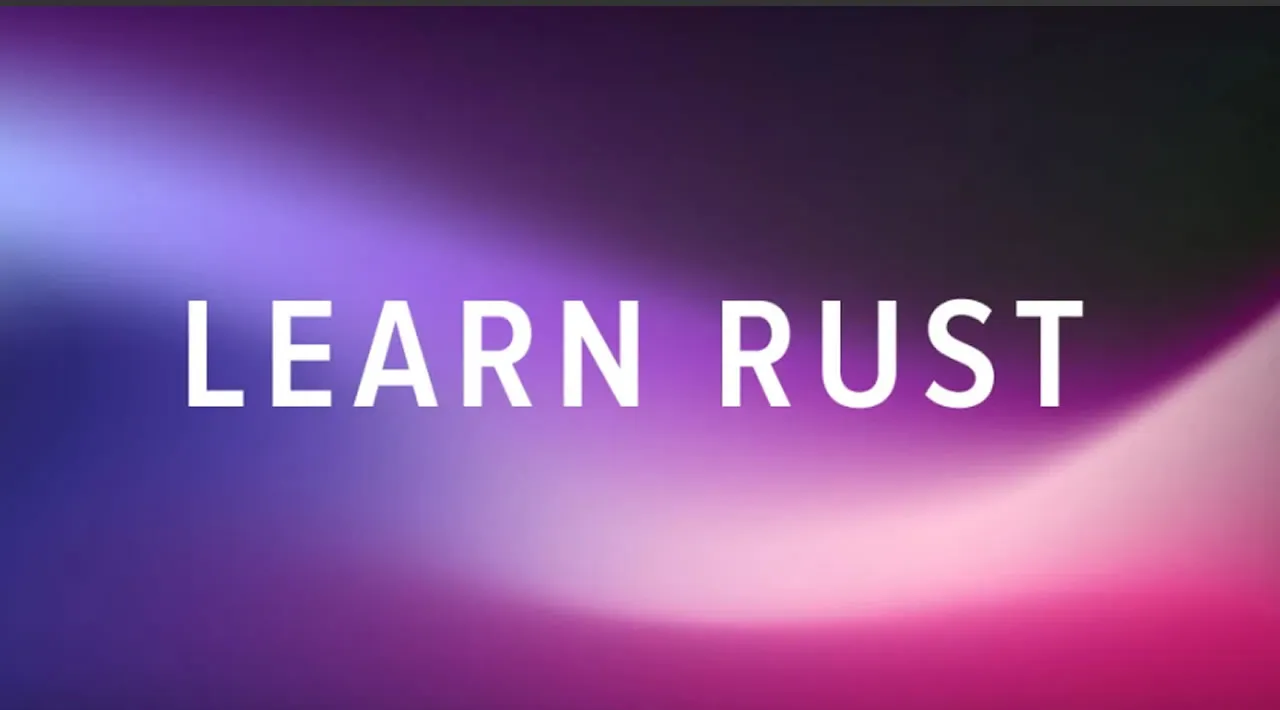Searching for a new programming language to learn in 2021? There are many great options out there, but Rust might be one of the best. It’s fun to learn, can improve your skills as a software developer, and has a very welcoming community.
In this article, I will look at why you should learn Rust, list the path I would take to learn it if I were you, and then include resources (all of them free!) that you can use in your journey.
Why Should You Learn Rust?
I’m not going to say that every software development company in the world is waiting in line to grab new Rust developers. That might be true in a few years or so.
For now, Rust is the best language to grow as a software developer.
First off, working with things like memory management, borrow checker, lifetimes, and the expressive types will undoubtedly make you a better software developer. More than most other programming languages, Rust is good development practices set in stone.
But that’s not all. While Rust is neither Haskell nor Lisp, it has awesome support for all kinds of fun activities like functional programming and macros that you can try out while learning Rust.
Additionally, Rust has a huge community of helpful people and a ton of learning materials. That also counts for something.
How To Learn Rust
While nobody would fire me for recommending you to start with the official Rust book (and it is a reasonable choice), I think there is a better and more practical way.
Learning the language with just a book is a journey that frequently stops somewhere around the 70th page. Therefore, I believe in accomplishing small things and acquiring practical skills before taking on the long-distance trail that is The Rust Programming Language.
First off, I suggest checking out one of the introductory Rust tutorials: either A half-hour to learn Rust (text), Tour of Rust (interactive), or Rust Crash Course (video). This should get you going with Rust’s syntax and the main philosophy of the language.
Afterward, practice coding with Exercism to improve your Rust chops and read a more extensive resource like the Rust book (standard choice) or Easy Rust (accessible choice).
If you feel at any point that you are almost ready to build your own toy applications, just go ahead and do it. There are some nice online communities in which you can ask for feedback and support, so don’t be worried about getting stuck!
Below, I cover these and all the other resources you might use while learning Rust — books, tutorials, videos, and more. Each one has a small description so you can decide which are useful for you and which are not.
#startup #rust #programming
